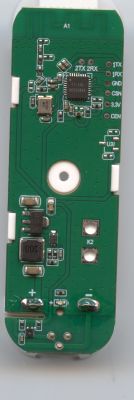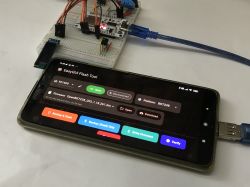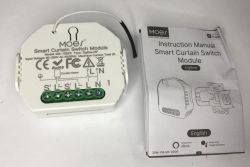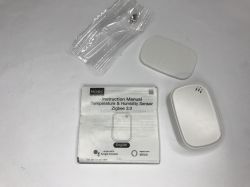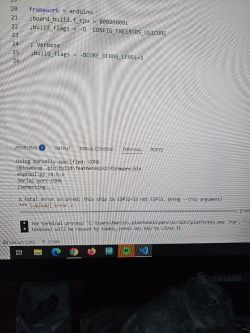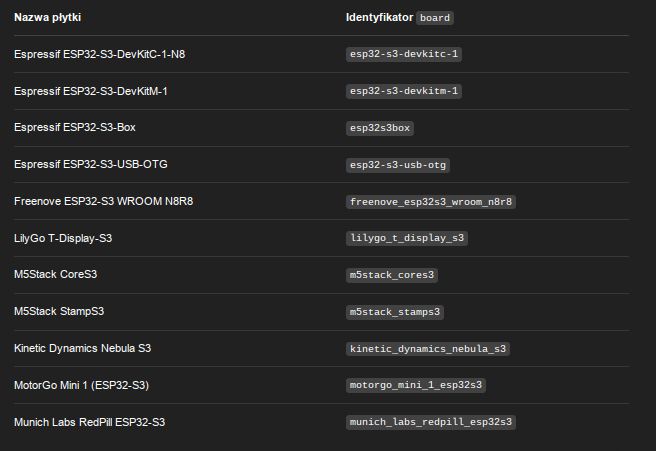Hello.
I have a finished project on an Arduino ESP32, I have uploaded it via Visual Studio Code and would like to install it on a newer ESP32-S3. How to flip it as it throws me a board error.
Photo attached
Please help .
.
.
AI: What exactly is the error that appears when trying to upload a project to the ESP32-S3? Can you paste the content of the message or describe what is displayed? .
Fatal error chip
AI: What board do you have selected in the Arduino/VS Code settings when trying to compile and upload the project? Did you specifically select the ESP32-S3 model? .
ESP32-S3
I have a finished project on an Arduino ESP32, I have uploaded it via Visual Studio Code and would like to install it on a newer ESP32-S3. How to flip it as it throws me a board error.
Photo attached
Please help
.
AI: What exactly is the error that appears when trying to upload a project to the ESP32-S3? Can you paste the content of the message or describe what is displayed? .
Fatal error chip
AI: What board do you have selected in the Arduino/VS Code settings when trying to compile and upload the project? Did you specifically select the ESP32-S3 model? .
ESP32-S3



